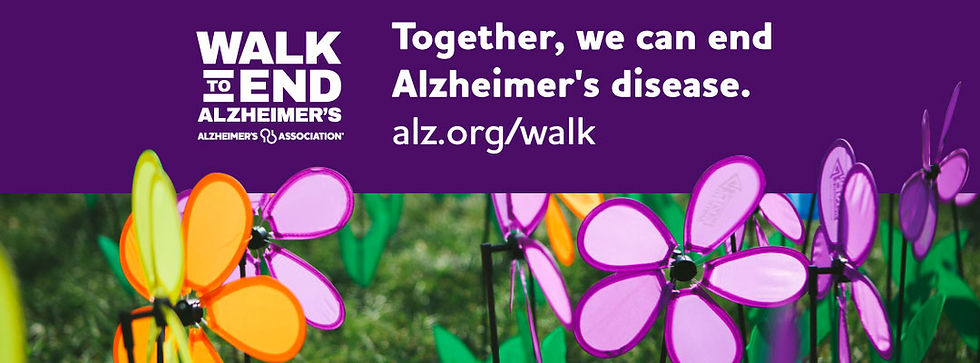Talking with a Loved One with Dementia
- Lee Erickson

- May 25, 2023
- 2 min read
Caregivers of someone with Dementia often struggle with all the changes they see happening to a loved one as their memory loss become increasingly difficult to cope with such as changes in personality and mood swings. A lot of feelings and emotions come to the surface that we often try to suppress, to the detriment of our own health, because we try to avoid conflict and not want to upset them when they don't understand that we are simply trying to help them and keep them safe. We can lose our patience and our compassion at times like these, leaving us feeling frustrated, lacking compassion, and at the end of our tether.
Nate Guadagni non-violent communication life coach, located in Eugene (Oregon), hosts a podcast and in this episode "How to Talk with a Parent with Dementia" he talks with a daughter about how difficult it is for her to care for her mother with dementia. Perhaps you can relate.

"Taking care of parents with dementia can often come with feelings of resentment and thoughts of obligation. Being able to connect these feelings and thoughts to our needs can allow our service to come from the heart and not at the expense of our own wellbeing."
This episode, they " explore how we can tune into the feelings and needs of ourself as a caregiver and how to tun in those of the other person even when they can't express their needs directly."
Nate's podcast is based on the book Nonviolent Communication - a language of life by Marshall B. Rosenberg, PhD.
Here is a very helpful guide from Family Caregiver Alliance with tips on how to best care for and talk to someone with dementia: Caregiver’s Guide to Understanding Dementia Behaviors:
Introduction
Ten Tips for Communicating with a Person with Dementia
Handling Troubling Behavior
Wandering
Incontinence
Agitation
Repetitive Speech or Actions (Perseveration)
Paranoia
Sleeplessness/Sundowning
Eating/Nutrition Bathing
Additional Problem Areas
5 Star Concierge is here to help when you need some time to yourself to get some much needed rest or to take care of some of your other responsibilities. We provide non-medical companionship and offer a host of services to help. Don't feel that you have to do it all alone. We're here to help support your efforts to care for your loved one. We only require a two-hour minimum, and offer a free consultation to help assess your needs. Call: 541-816-1730




Comments